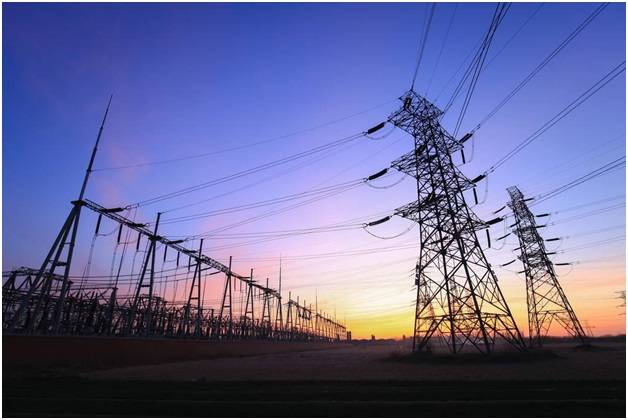Introduction
Industrial power supplies play a crucial role in a wide range of industrial applications, providing a reliable source of power with precise voltage and current levels. These power supplies are equipped with various features like short-circuit protection, over-temperature protection, and overload protection, ensuring safety and reliability. They offer efficiency by delivering the exact amount of electricity required for the task at hand while conserving energy when not in use. Given the numerous benefits they provide, industrial power supplies are widely utilized in modern industry.
Exploring Different Types of Industrial Power Supplies
To select the most suitable power supply for your business, it’s important to understand the different types available. Let’s delve into the distinctions among various industrial power supply:

Uninterruptible Power Supply (UPS)
A UPS is a battery-based system that ensures continuous power supply even in the absence of utility electricity. It seamlessly switches to battery backup during power outages or failures, preventing data loss and equipment damage caused by sudden shutdowns. A UPS also filters out spikes, surges, and line noise before they reach your equipment, safeguarding against costly repairs resulting from electrical current fluctuations.
Line-Interactive UPS
Similar to a UPS, a Line-Interactive UPS employs an autotransformer to transfer from utility power to battery backup during outages or disruptions. It offers voltage regulation on its output voltage automatically, eliminating the need for manual intervention in response to fluctuations in AC line input voltage levels, such as those caused by lightning storms.
Understanding the Benefits of Industrial Power Supplies
Industrial power supplies are indispensable components in industrial environments, providing a reliable and safe power source for machinery, equipment, and processes. Let’s explore the benefits these power supplies bring to businesses across various industries:
Enhanced Efficiency
Industrial power supplies contribute to improved efficiency compared to traditional electricity sources. They deliver clean and consistent energy, which is crucial for optimal operation in most industrial applications. By minimizing fluctuations and noise levels, these power supplies help businesses reduce energy consumption while maintaining high levels of productivity.
Increased Reliability
Industrial power supplies are designed to withstand the demanding conditions of industrial settings, where extreme temperatures and dust particles can pose challenges for standard units. They offer robust surge and spike protections, ensuring uninterrupted operation even during periods of electrical instability. Businesses can rely on these power supplies for dependable and continuous power.
Cost Considerations for Industrial Power Supplies
When planning projects, it’s vital to consider the cost implications associated with industrial power supplies. Factors influencing the cost include the required voltage type, efficiency requirements, size, performance specifications, operational environment, and serviceability features. Determining the exact voltage needed is a crucial starting point, as it significantly impacts the overall price. Efficiency ratings also play a role, as higher ratings offer better performance and energy efficiency, leading to reduced operating costs over time. Size is another factor to consider, as larger units require more materials, adding to the expense.
Conclusion
In conclusion, industrial power supplies are essential for maintaining smooth operations in industrial and commercial settings. They provide the necessary energy to power machinery, lighting systems, and other equipment crucial for business continuity. With features like surge protection, regulation, and backup options, industrial power supplies offer a reliable source of electric energy. By understanding the different types available, businesses can choose the right power supply solution to meet their specific needs.
